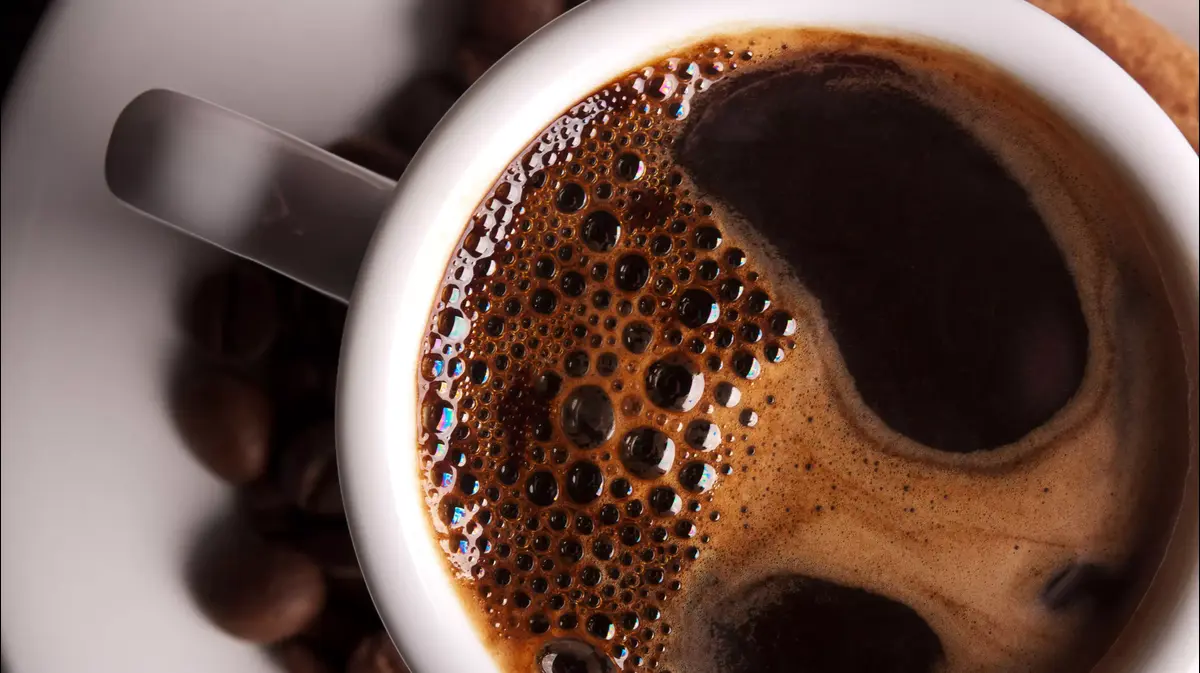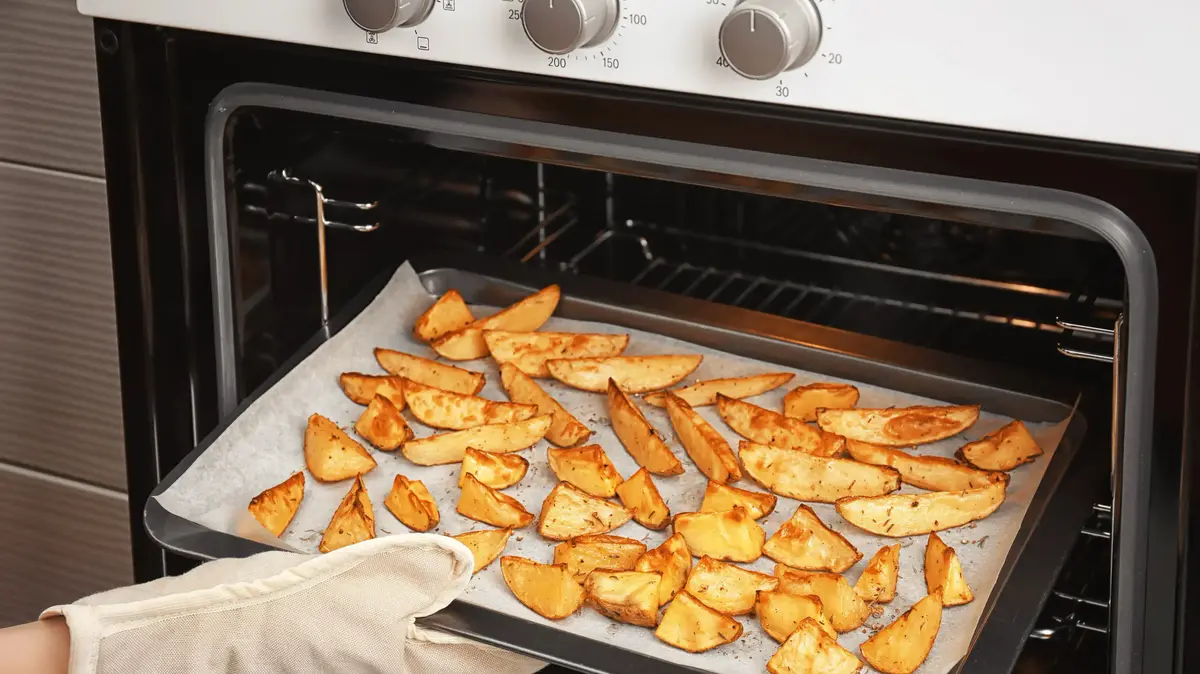Bamboo dishes are not suitable for hot food and hot drinks, writes the Federal Institute for Risk Assessment (BfR) in a new statement. If the material is overheated, harmful substances can be transferred to the food.
The products marketed as "bamboo" essentially consist of a melamine-formaldehyde resin, in which bamboo fibers have been incorporated as filler. Strictly speaking, it is therefore not about bamboo but plastic dishes.
Because it is lightweight and break-proof, melamine-formaldehyde resin is often used for reusable cups or picnic crockery. At higher temperatures, however, harmful levels of melamine and formaldehyde can be converted into the food. Formaldehyde can irritate the eyes, skin and respiratory system and is suspected of causing cancer. Melamine leads to bladder and kidney diseases in long-term experiments with rodents.
For its comments, the BfR has evaluated data from more than 300 products. According to this, health guidelines for some cups were exceeded 30 times for adults and 120 times for small children. "Often," bamboo "solves even more harmful formaldehyde and melamine than" conventional "melamine resin cups," quoted the BfR its president Andreas Hensel.
In addition to its use for tea and coffee, the BfR strongly advises against filling hot baby food or milk for toddlers into the cups and bowls. The materials should also not be used to heat food in the microwave. For cold or lukewarm food, however, the dishes are well suited, the BfR continues.
Wrong Webeversprechen: In no case biodegradable
Apart from the health concerns, the BfR also criticizes that bamboo dishes are often advertised as being particularly environmentally friendly. The products are therefore often advertised as biodegradable, in part, it is also said that they are made exclusively from renewable raw materials. In fact, the plastic melamine-formaldehyde resin is not biodegradable.
MORE ON THE SUBJECT
The Stiftung Warentest had already warned in the summer before beakers made of bamboo. "Keep your fingers off bamboo cups," it was said at the time. In the test, seven out of twelve cups released pollutants when in contact with fluids in excess of 70 degrees. In addition, the product testers also criticized the labeling of many cups as biodegradable. Often even recycling is problematic because the mixture of bamboo and melamine-formaldehyde resin can not be divided into its components again.
There is no labeling requirement for dishes made of melamine-formaldehyde resin. For this reason, consumers can only recognize the material if the manufacturers point out the use. In the case of products labeled as "bamboo", such as "coffee to go" cups, it can generally be assumed that they are MFHs, writes the BfR. As an alternative advises the consumer center Mecklenburg-Vorpommern to products made of stainless steel, porcelain or polypropylene (PP).








